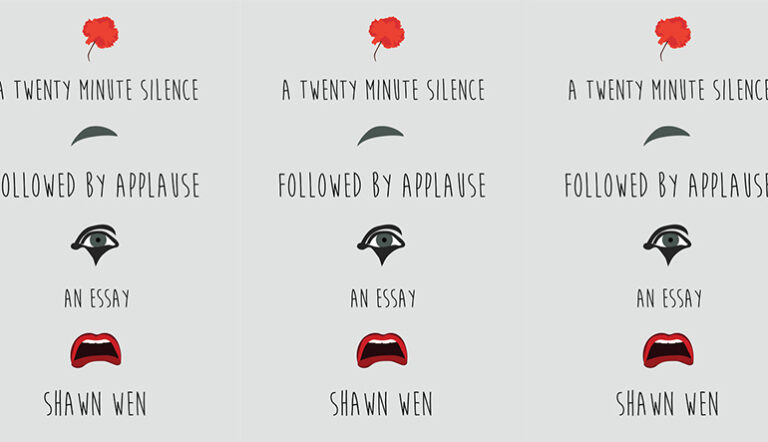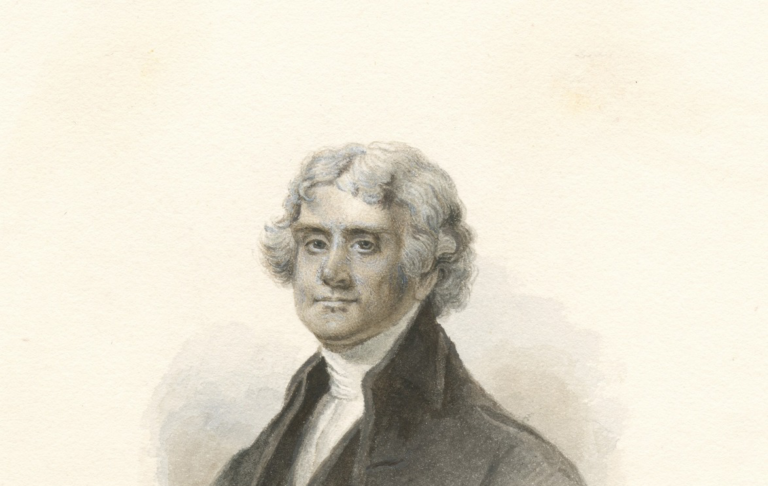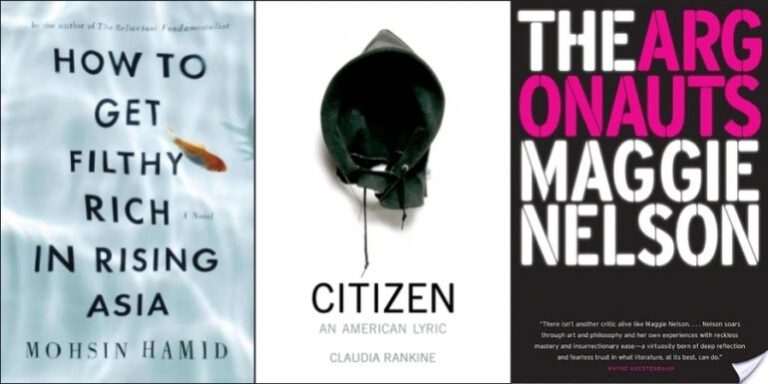Review: A TWENTY MINUTE SILENCE FOLLOWED BY APPLAUSE by Shawn Wen
If Marcel Marceau as a performer and a French man was cheeky, brilliant, and impossible, it seems no accident the title of Wen’s book-length essay is what it is.

If Marcel Marceau as a performer and a French man was cheeky, brilliant, and impossible, it seems no accident the title of Wen’s book-length essay is what it is.

Sandra Marchetti is the author of Confluence, a collection of poetry from Sundress Publications (2015). She’s also written four chapbooks of poetry and lyric essays, and she is a lecturer in interdisciplinary studies at Aurora University near Chicago. I interviewed her about her latest chapbook, Sight Lines.

“I want to tell you what happened on the way to dinner.” Christopher Castellani‘s The Art of Perspective: Who Tells the Story begins with that simple phrase, the driving force of storytelling: the author has something they want to convey. Which quickly leads us to the issue of how to convey it. Castellani, a Ploughshares…

This is the third installment of a year-long journey through Thomas Jefferson’s Notes on the State of Virginia. **Query IV: A notice of its mountainsQuery V: Its cascades and caverns I walked into Queries IV and V thinking Jefferson would use these sections to acknowledge the changeability of Virginia’s natural landscape, the dramatic variations of…

1.I didn’t start writing lyric essays until I found out I had cancer. The melanoma buried in my right cheek was at first missed, and then misdiagnosed in its severity. Clark’s stage IV, they told me. Likely in my lymph nodes, but they wouldn’t know until my third surgery, the excision and biopsy. 2.I was…

Taking up the mantel of memory and elegy is no easy task, but Janice Lee’s new book Reconsolidation: Or, it’s the ghosts who will answer you embraces the ghosts. The text is not so much a reflection on writing, loss, memory, and death, but a twisted projection of those topics. The medium is under as…

Used poorly, second-person reads like a trope; used well, second-person as a narrative device adds inclusivity to literature, raises questions of authorship, and helps an author communicate politically-charged topics like globalization, race, and gender. Mohsin Hamid utilizes second-person in his novel, How to Get Filthy Rich in Rising Asia, a tongue-in-cheek how-to for globalization. The…

Nonfiction as a genre confronts the discordance between memory—a slippery, subjective entity that can be the antithesis of truth—and actuality. Roy Peter Clark writes of the “essential fictive nature of all memory.” Mark Kramer and Wendy Call, editors of Telling True Stories: A Nonfiction Writers’ Guide from the Nieman Foundation at Harvard University, write “of…
No products in the cart.